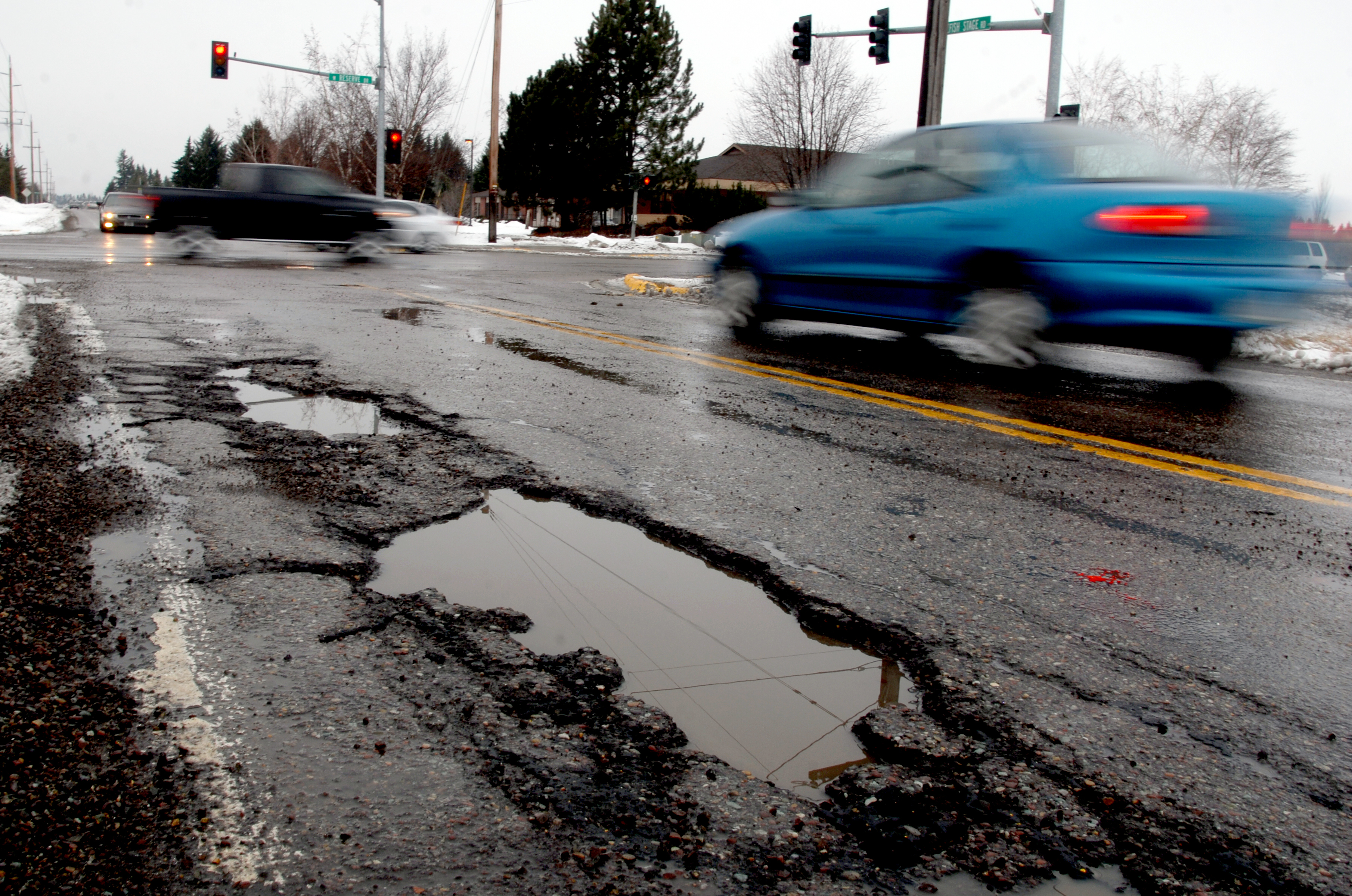Trying to balance the burden of paying for rising infrastructure needs, Kalispell and other larger cities across Montana are seeking the authority to implement a local option sales tax in their communities, renewing a decades-old debate for the upcoming Legislature.
Montana is one of five states without a statewide sales tax, alongside Alaska, New Hampshire, Delaware and Oregon. Under the current law, only cities with a population under 5,500 that are deemed “resort communities” — meaning they draw a high number of visitors compared to local residents — have the ability to enact a resort tax, or local option sales tax. Through voter approval, a fee of no greater than 3 percent can be added to goods and services at retail, lodging and dining establishments. Those funds then become an added revenue source for communities to manage the wear-and-tear on local infrastructure without overburdening residents through higher property taxes.
Resort taxes are in place in Whitefish, Red Lodge, Virginia City, West Yellowstone, St. Regis, Big Sky and Seeley Lake.
The topic is resurfacing yet again this legislative session as city leaders in Kalispell, Missoula and Billings are asking lawmakers to eliminate the population restriction and allow any Montana city to seek voter approval for a sales tax.
The effort has historically received pushback from the retail and dining sectors, as well as county residents who say the sales tax would unfairly shift the burden onto them. Area lawmakers, including Sen. Mark Blasdel, R-Kalispell, have expressed hesitation over the changes and previous attempts at the Capitol have failed to gain widespread support. In the 2009 session, Sen. Jeff Essmann, R-Billings, proposed a bill allowing larger cities such as Bozeman to enact resort taxes, but the Legislature killed it.
The Kalispell City Council, citing rising infrastructure costs, formally adopted the measure as one of its priorities for the 64th session, which convened Jan. 5 in Helena.
“To me, this comes down to a philosophical discussion of who should carry the tax burden in the city? Should property taxpayers subsidize all of the infrastructure that everybody coming into town uses?” Kalispell Mayor Mark Johnson said. “Right now we have 20,000 Kalispell residents paying for streets and other infrastructure that county residents and tourists are all using, too.”
In Whitefish, voters approved a 2 percent resort tax in 1995, and the collected funds help repair and improve existing streets, storm sewers, sidewalks and underground utilities. To offset the added tax burden on residents, city officials passed an ordinance requiring a property tax reduction for residents based on annual tax collections. Whitefish collected $2.1 million resort taxes in fiscal year 2014, and $668,000 in property taxes was saved for all residents, according to city officials.
Kalispell faces a shortfall of $3.5 million annually in projected infrastructure costs, Johnson said. That doesn’t include a large priority project that could impact the burgeoning north side of town, where business and residential development continues to balloon, creating a greater need for sewer infrastructure. The city needs a large sewer line leading to the wastewater treatment plant on the south end. The so-called west-side interceptor plan, which would install the line, could cost $14 million. Without the adequate sewer line, development on the north could be stalled, Johnson said.
“We want to prevent getting to that point. We just don’t have the money to do everything we need to do,” Johnson said. “But when I talk to business owners and residents in the community, they tell me they’re sick of their real estate taxes going up.”
Johnson said language should be added to any changes in the law that would require cities that enact a sales tax to provide property tax relief for residents and business owners.
A recent survey of over 120 members of the Kalispell Chamber of Commerce showed strong support for giving the city government the authority to explore a resort tax. Among 121 members who responded to the survey, 73 percent were in favor of the local government authority.
A similar survey conducted by the Billings Chamber of Commerce found 77.4 percent of the 288 responding business members supported the measure.
“We just want the opportunity to have the conversation within our community,” Johnson said.
